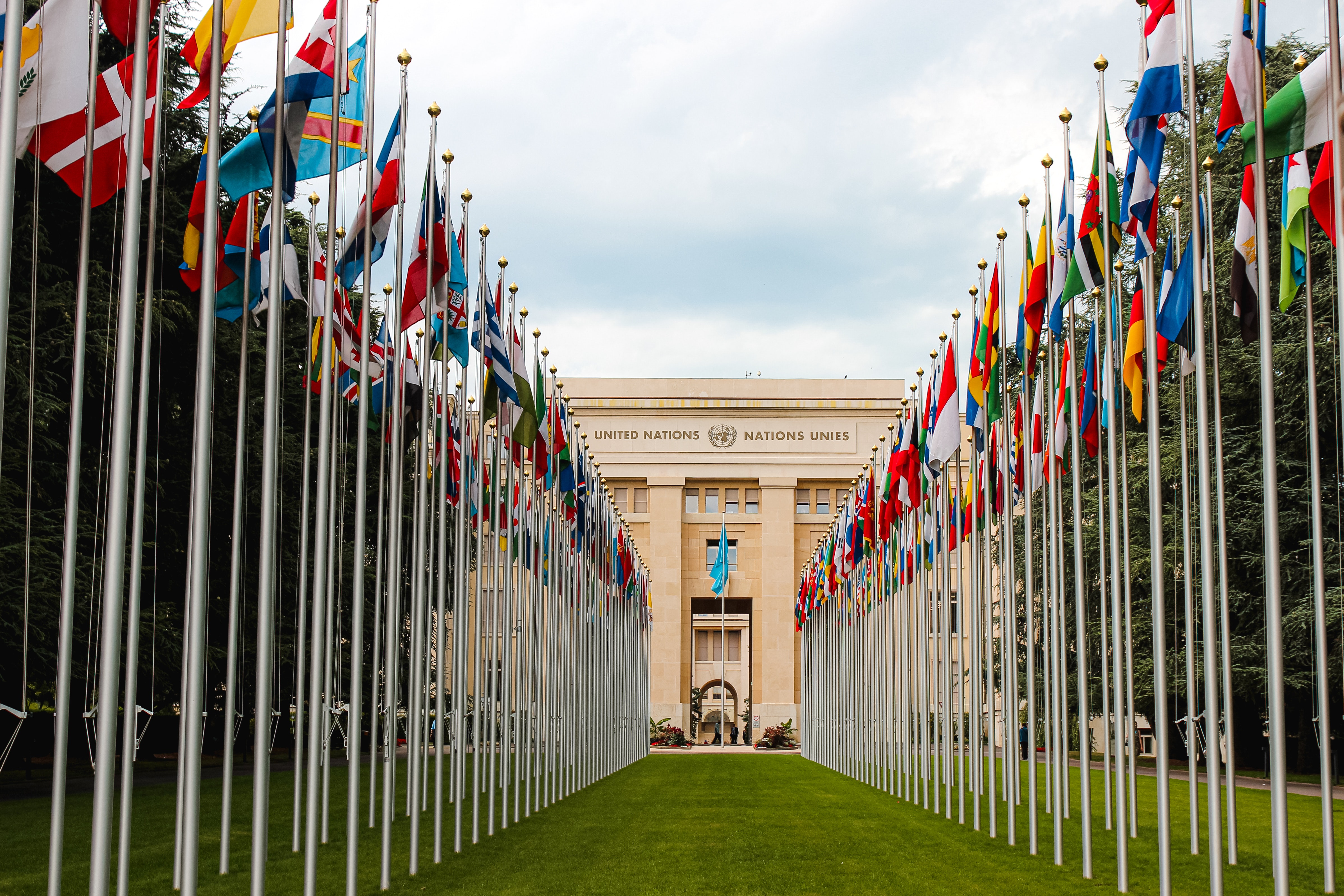The rules determining the social security system applicable to the staff of diplomatic missions in Belgium vary according to the category of workers. Specific rules are established depending on whether the staff is recruited “locally” by the diplomatic mission or “posted” by the foreign affairs ministry of the sending state to its diplomatic mission in Belgium. The latter category is exempt from the obligation to adhere to the Belgian social security provisions, subject to certain conditions.
Principle
In accordance with Article 3 of the law of 27 June 1969, Belgian social security provisions applies to any worker who:
- resides and carries out professional activity in Belgium; and
- is employed by an employer established in Belgium or attached to a place of business established in Belgium.
This rule applies regardless of the worker’s nationality.
Belgian Social security system for staff recruited “locally”
Personnel concerned
Any worker registered in the population register of their municipality and employed in Belgium by an employer established in Belgium or attached to place of business established in Belgium is regarded as recruited “locally”.
Belgian social security system
The National Social Security Office assimilates representations of foreign states in Belgium, including diplomatic and consular missions, to Belgian employers. Thus, locally recruited staff are subject to the Belgian social security system.
Exemption from the Belgian system
The Belgian social security system applies in the absence of standards arising from international agreements or bilateral conventions providing for a different system. It is therefore crucial to verify whether such provisions exist before proceeding with recruitment.
Exemption for “posted” staff
A member of the staff of a diplomatic mission is qualified as “posted” when they have been posted by the foreign affairs ministry of the sending state to its diplomatic mission to Belgium.
A “posted” staff member working in a diplomatic mission in Belgium, who is neither Belgian nor a permanent resident, is exempt from the Belgian social security provisions (articles 33 §1 and 37 of the Vienna Convention on Diplomatic Relations of 1961), provided that:
- Diplomatic agents: They are always exempt, unless they employ Belgian private domestic workers or permanent residents not affiliated with a foreign social security.
- Administrative, technical, and service staff: They benefit from the same exemption, provided they are not Belgian or permanent residents.
Voluntary participation
The exemption mentioned above, as provided for in paragraphs 1 of Article 33 of the Vienna Convention, shall not preclude voluntary participation in the social security system of the receiving State provided that such participation is permitted by that State (Article 33 §4 of the Vienna Convention). In this case, Belgium accepts voluntary participation in the Belgian social security system.
In practice, a unique identification number of an individual in the Belgian social security system (NISS) is required to allow this person’s subjection to the Belgian social security regime.
For non-Belgian residents (specifically, “posted” workers under special residence permit issued by the Protocol Directorate of the FPS Foreign Affairs), this is their number indicated in the BIS register.
An employer therefore needs the NISS of workers to declare – on a voluntary or mandatory basis – and notably to carry out the Immediate DIMONA declaration, an electronic message by which the employer communicates any entry and exit of service of a worker to the National Social Security Office (mandatory for all employers in the public and private sectors).
This number can be created via the online platform “BelgianID Pro“.
Lastly, it’s noteworthy that the Protocol Directorate does not accept postings under special residence permits to exceed a duration of 10 years.
Conclusion and Recommendation
Unless falling under a different social security system as stipulated by international agreement or bilateral convention, or qualifying for exemption according to specified regulations, a worker is subject to the Belgian social security system. Additionally, parties may consider voluntary participation in this system.
It is essential to meticulously assess each individual situation to determine the applicable system. Thorough understanding of the relevant social security framework prior to hiring or posting staff is crucial for managing the risk of potential costly regularization, which could strain the diplomatic mission’s budget. Consulting an expert in diplomatic law is highly recommended for a thorough and compliant evaluation of specific rules
 Get in touch
Get in touch


